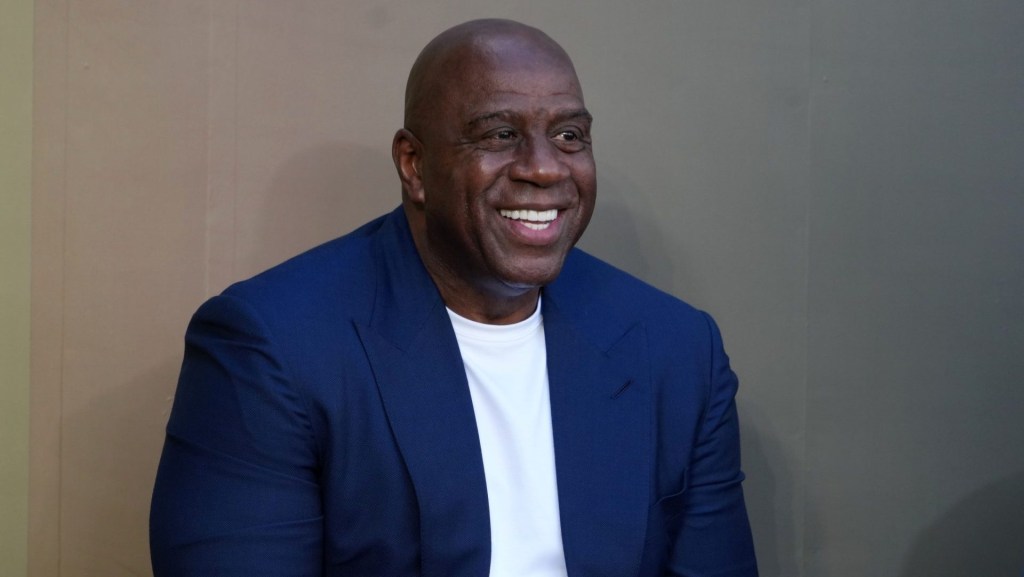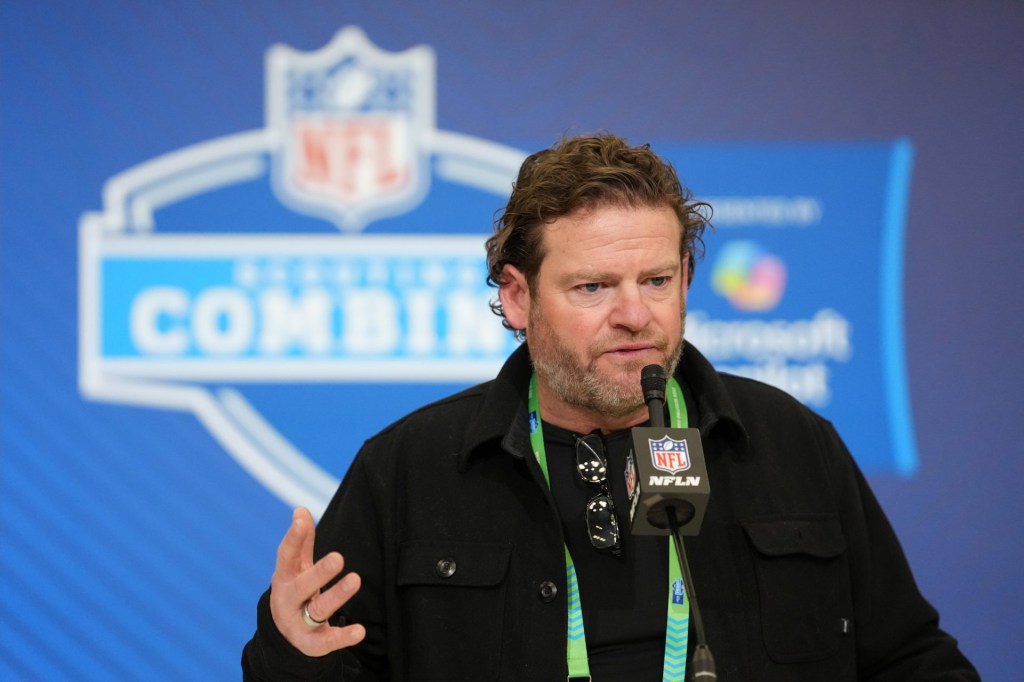What constitutes a hockey dynasty? Two consecutive Stanley Cups, three? Either way, the Panthers have made offseason moves to cement themselves as a historic juggernaut.
The back-to-back NHL champions were facing roster-retention questions going into free agency, beginning July 1. Keeping together the core that propelled their winning 2024 and 2025 Stanley Cup runs would be difficult and expensive. It did not matter for Florida, who hours before free agency locked up 2025 Conn Smythe winner Sam Bennett, playoff record-breaker Brad Marchand, and marquee defender Aaron Ekblad with substantial long-term contracts.
Bennett, considered one of the best pending free agents on this year’s market, received an eight-year $64 million contract with an $8 million average annual value (AAV). It marks a more than $4 million increase over the 29-year-old’s previous deal. “I ain’t fucking leaving,” Bennett said at a Miami nightclub following Florida’s victory over the Oilers for the second year in a row.
Marchand, 37—a surprise March trade-deadline move from the Bruins—was rumored to be considering testing the free-agency waters, linked to teams including the Maple Leafs. But Marchand agreed to a $32 million six-year extension with the Panthers at an AAV of $5.33 million, which includes a no-move clause for the first four seasons. The length of the deal extends until he is 43; it’s unlikely he plays out all six years of the contract and the Panthers may take on dead money as a result, but it appears the franchise has deemed the agreement worth it to retain Marchand’s veteran leadership and locker room presence.
Ekblad, the first-overall pick by Florida in the 2014 NHL draft, also signed for eight years with a $6.1 million AAV at a total value of $48.8 million. He is Florida’s all-time franchise leader in points among defensemen, and was a crucial part of their postseason run. Some experts argue that 29-year-old Ekblad left money on the table to re-sign with Florida since he likely could have commanded a higher price on the free agency market.
These three core signings mean the Panthers’ roster won’t look much different than it did for their back-to-back Stanley Cups—and that’ll be the case for a while. In addition to Bennett, Marchand, and Ekblad, Florida has Matthew Tkachuk, Aleksander Barkov, Sam Reinhart, Carter Verhaeghe, Seth Jones, Anton Lundell, and Gustav Forsling all on contract through 2030. At signing, the deals put the organization over the salary cap by $350,000 for the 2025–2026 season, but a Tuesday morning move involving forward Tomáš Nosek put them back in the black.
Beyond locking down essential talent, these long-term contracts are also significant as the salary cap is set to increase to $104 million next season and $113 million in 2027–2028; the cap is now $95.5 million. It may be an indication that these players prioritized staying with Florida over potential re-negotiations for richer deals in just a few years when franchises will have more money to spend.
Throughout contract negotiations, a major topic of discussion has been whether Florida’s lack of state income tax has helped push players over the edge to stay put. The same discussion is swirling around state income tax–free Vegas, where top free agent Mitch Marner just accepted an eight-year, $96 million contract in a sign-and-trade deal with the Maple Leafs.
While the tax situation certainly doesn’t hurt, it’s an impossible question to answer definitively—NHL commissioner Gary Bettman has dismissed the argument, and others have pointed to the simple explanation of good management from Panthers GM Bill Zito that draws players to the organization.
Florida’s stacked roster on paper doesn’t matter until it translates to the ice next season, but the Panthers have sent out a loud and clear signal that dynasty is more than a goal—it’s an imperative.


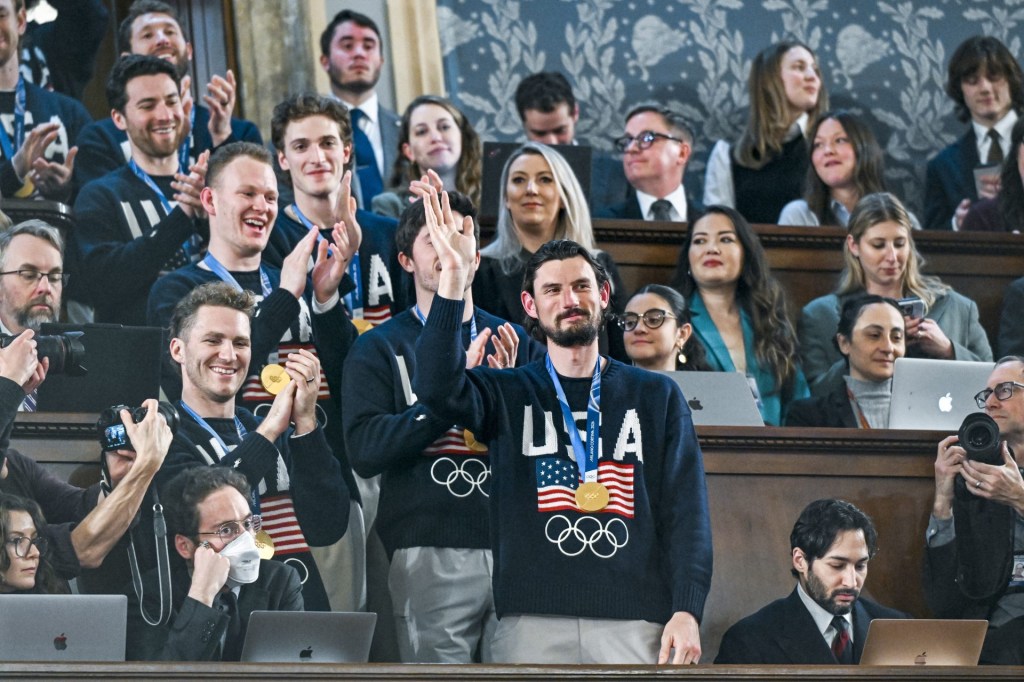
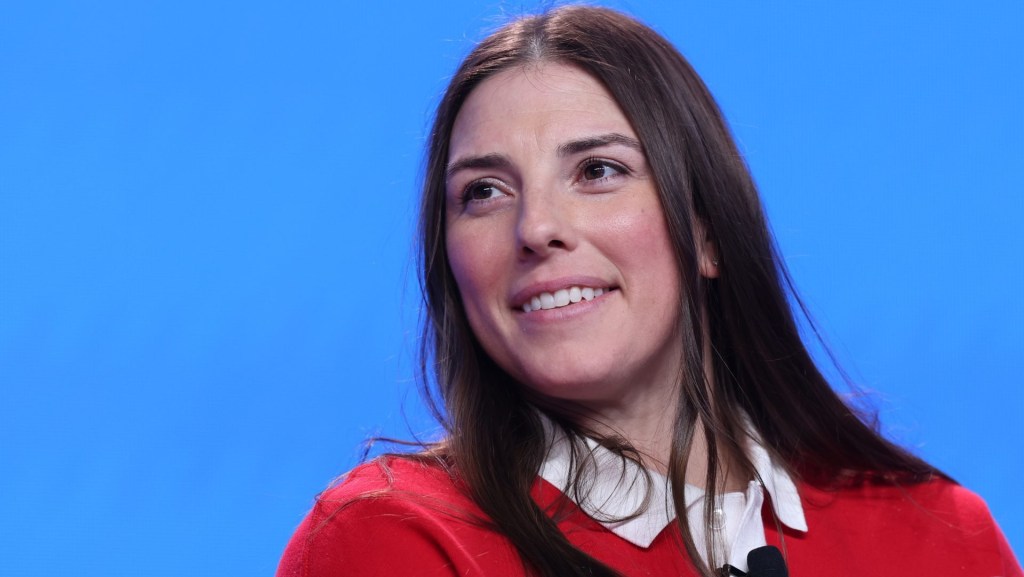
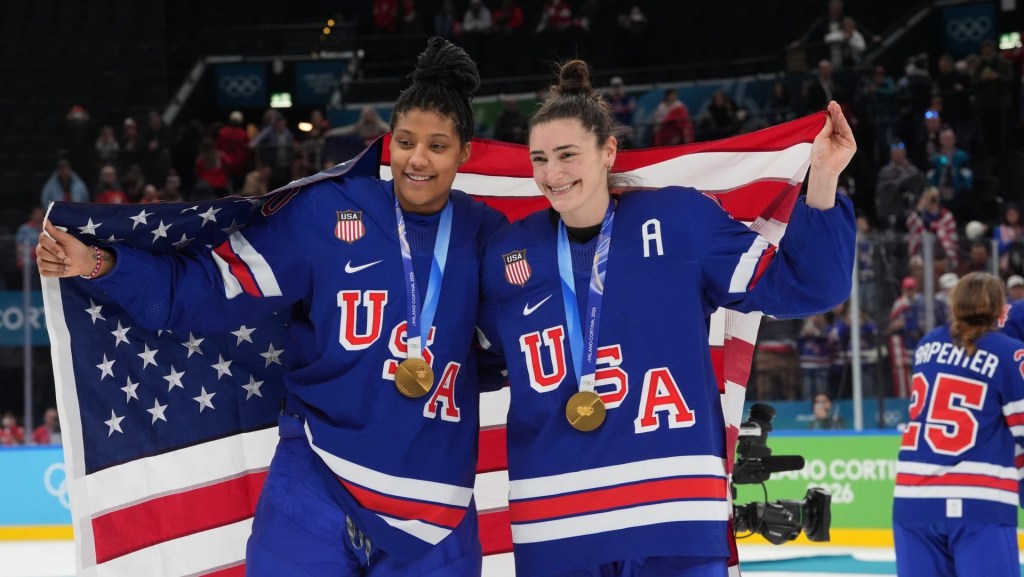


![[Subscription Customers Only] Jun 15, 2025; Seattle, Washington, USA; Botafogo owner John Textor inside the stadium before the match during a group stage match of the 2025 FIFA Club World Cup at Lumen Field.](https://frontofficesports.com/wp-content/uploads/2026/02/USATSI_26465842_168416386_lowres-scaled.jpg?quality=100&w=1024)
![[Subscription Customers Only] Jul 13, 2025; East Rutherford, New Jersey, USA; Chelsea FC midfielder Cole Palmer (10) celebrates winning the final of the 2025 FIFA Club World Cup at MetLife Stadium](https://frontofficesports.com/wp-content/uploads/2026/02/USATSI_26636703-scaled-e1770932227605.jpg?quality=100&w=1024)




